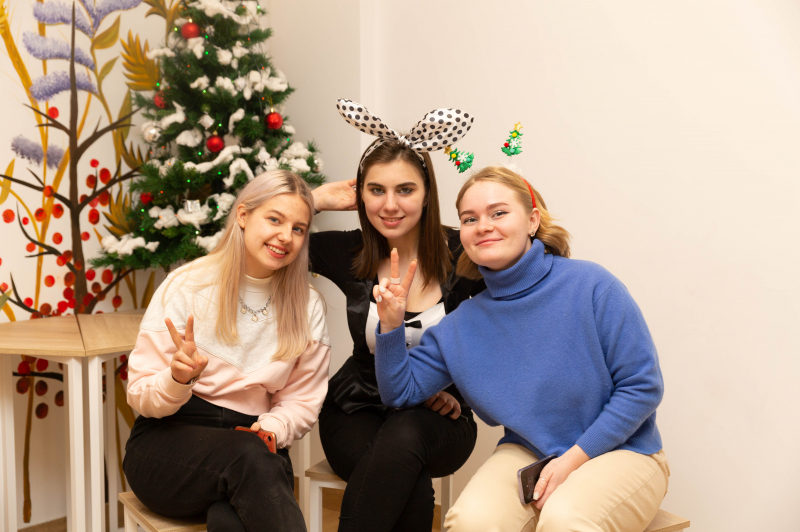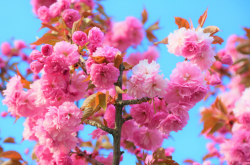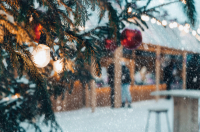Let’s get this straight: Christmas is not celebrated twice in Russia. It is only celebrated once, on January 7. This is because the churches in Russia still follow the Julian calendar instead of the Gregorian one (we’ve previously written about this phenomenon here). But this is not unique to Russia. You can find people attending a service on January 7 in any country that has an Orthodox church. Similarly, some communities in Russia, including some in St. Petersburg, celebrate the Catholic Christmas on December 25. So, if you desire, you can still celebrate this day with the rest of the world.
Also, there’s no Santa Claus in Russian culture. Instead, the people who are responsible for delivering presents to the good kids are Ded Moroz (Grandfather Frost) and his granddaughter Snegurochka (Snow Maiden). There are many more surprising facts about the Russian New Year, such as the legend of Kysh Babay and the history of Olivier salad. This article by my colleague explains each one of them.
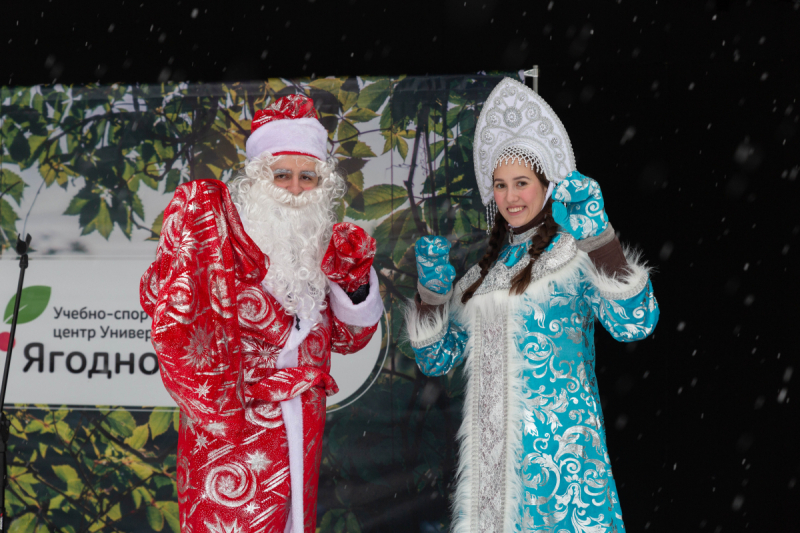
ITMO students dressed up as Ded Moroz and Snegurochka at Yagodnoe. Credit: Megabyte Media
However, the one thing that is common about this season in every part of the world is the holiday spirit.
Last year was my first New Year in Russia and I had the best time of my life. I got to celebrate it with my Russian friends who were kind enough to invite me to their party. The plan was to cook Olivier salad (оливье) and crab salad (крабовый салат), which are iconic New Year dishes.
After dinner, my friends introduced to me a special ritual that they perform at midnight. On a piece of paper, they wrote their New Year wishes which they later set ablaze. The ashes were then put in a glass of red wine and gulped down in one go! Rituals such as this one are born out of sheer belief and I was fascinated to see that it was kept in practice by our generation so well.
David Castro, a second-year PhD student from Ecuador, has spent the last New Year with his friends. He recalls:
“It was my first New Year at ITMO. We cooked a delicious turkey, which is a very significant dish for this occasion. My Russian friends showed me how they celebrate in Russia and I showed them our traditions. We welcomed the New Year with a good party.”
For Christina Parta, a first-year PhD student from Greece, Russian Christmas is not very different from what she has witnessed in her country. Much of it is due to the fact that Greece also has many Orthodox churches. For her, celebrating Christmas on January 7 is pretty normal. However, she does have an interesting New Year experience to share with us all.
“New Year's is a celebration when people prepare a lot of different salads for the celebration meal and they also make one of the weirdest things I have eaten in my life! It's called herring under a fur coat (селёдка под шубой) and it is made primarily of pickled fish, eggs, beetroot, potato, and some other vegetables layered onto one another. It's really something I didn't expect to taste the first time I was here for the holidays.”
The streets light up beautifully during this season with beguiling ornaments and decorations. You can find huge Christmas trees every 100 meters, standing erect in their grandeur as if ready to enchant you with their magic. Besides decorations, other major attractions for international students include ballet, opera shows, Christmas markets, and ice skating. After all, the Russian New Year is incomplete without Tchaikovsky’s Nutcracker at the Mariinsky Theatre in St. Petersburg.
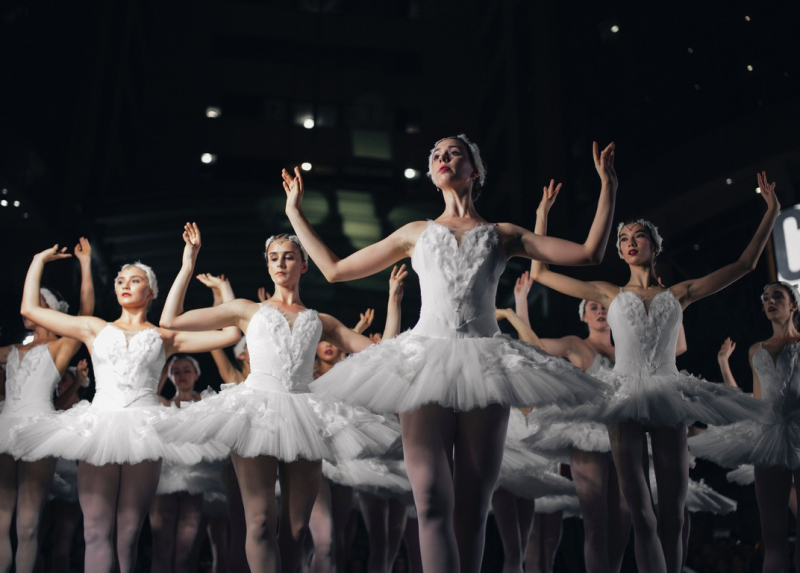
Credit: Michael Afonso (@mafonso) via Unsplash
Every country might have its own set of traditions and rituals associated with Christmas and New Year, but for all of them, it is the time to relax and spend time with loved ones. Love is at the core of our existence and isn’t it fitting that a new year starts with the celebration of that feeling? Russia is not alien to this emotion – families come together to cherish each other’s presence and feel grateful for everything. Bryan Amir Nassef Gergeis, a Bachelor’s student from Egypt, beautifully describes the true emotion of a Russian New Year:
“It is the time when everyone goes back home to spend time with their family. My friends eagerly wait for the holidays to return to their hometowns. Thoughtful gifts are exchanged and homes are decorated with figurines of angels, stars, and special characters. Everyone’s heart is filled with love and hope for a better New Year.”
